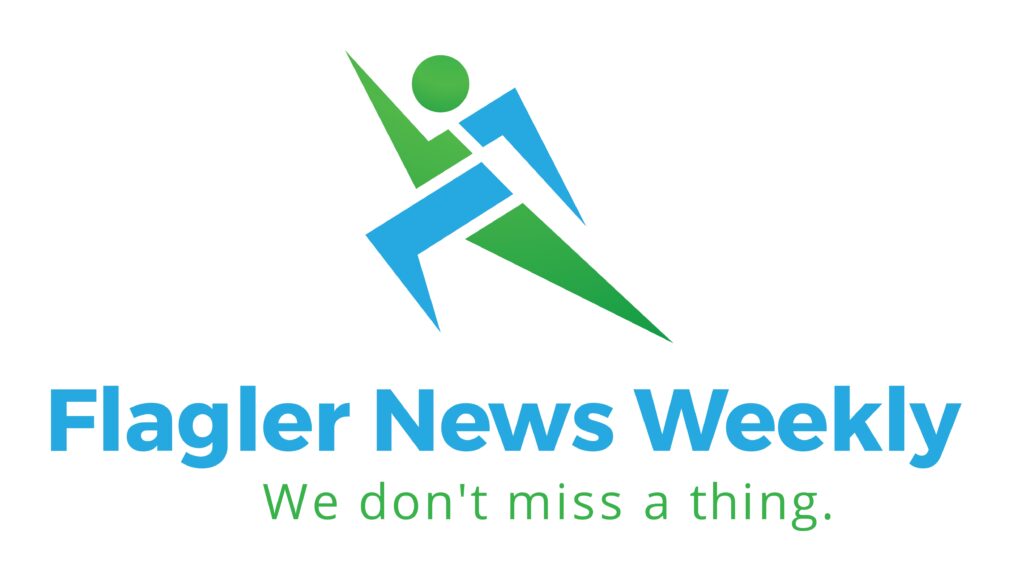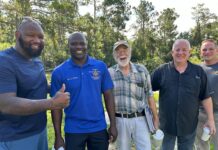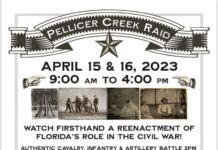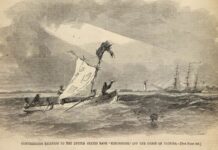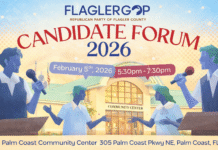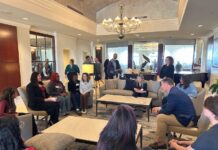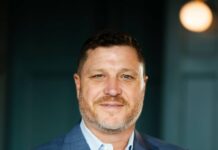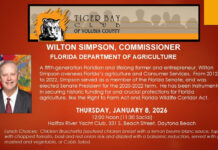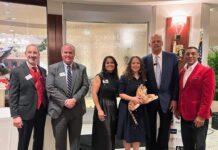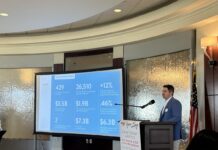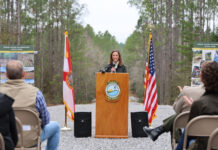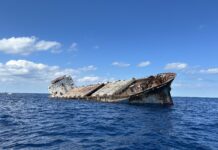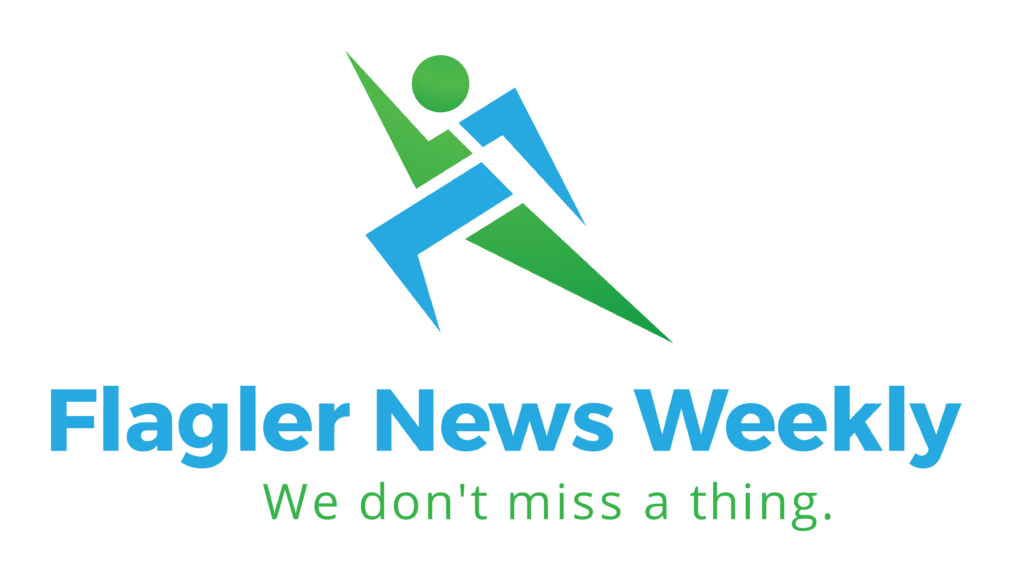Volusia County, FL – The recovery landscape is managed by a number of professional agencies and mutual aid organizations across Central Florida, and among those providing services is the Volusia Recovery Alliance.
Executive director Karen Chrapek, BSBM, RCP, RRT, leads the Volusia-based recovery community organization helping those on the path to recovery achieve their goals through support and programs, while working with peer specialists who have walked the long road to recovery themselves.
Discussing the challenges facing the behavioral healthcare industry after taping an episode of Lifeline on WNZF NewsRadio, Chrapek acknowledged the need to connect those seeking treatment and beginning the recovery process with peers whose real life experiences parallel their own.
At the Volusia Recovery Alliance, the upside is that peers are relatable – they’ve been there. The downside, for the industry as a whole, is that often individuals in the throes of substance use disorder are most likely to commit acts resulting in a felony conviction – a record they may carry for life.
During the last session Florida legislators worked to amend the law. Identifying situations where an exemption is possible, individuals who are in recovery for two years and want to use their experiences to help others may work toward state certification as a Certified Recovery Peer Specialist, if approved for an exemption.
“Probably the biggest barrier even though some of it most recently was alleviated by the peer bill that Senator Darryl Rousan (D-St. Petersburg) and House Representative Elizabeth Fetterhoff (R-DeLand) along with Representative Dianne Hart (D-Tampa) crafted and passed unanimously in both the Senate and the House and was signed by the governor, helps alleviate some of the problems that peers have in order to pass a Level 2 background check,” explained Chrapek.
“However, we know, a lot of people come into recovery, they turn their lives around but they still have the issue of their background. They may have had multiple felonies. Some of those people with multiple felonies are tremendous peer recovery specialists because they’ve really been there and done that, and they know the challenges, from the grassroots, how hard it is to come back when you have a felony background.”
Some of challenges were removed in the past year with the passage of SB 828, and the Volusia Recovery Alliance works with aspiring peer specialists to overcome the next major hurdle.
Often individuals in recovery have unpaid fines and fees that prohibit them from even beginning the process.
“One thing that did not get addressed is the issue of fines and fees from previous crimes,” shared Chrapek.
“In order to get an exemption, to be able to do the work, if you do have a disqualifying felony and record, you have to pay off all of your fines and fees. So for some people that may be a thousand dollars, three thousand dollars. I’ve recently heard about somebody who owes $20,000. She has been rehabilitated, she’s a great person in recovery, but she’s probably never going to be able to pay off that twenty grand so she can work in the field,” admitted Chrapek.
As someone who has been in recovery for 39 years herself, Chrapek knows how important those second chances are for successfully maintaining recovery.
Advocating for a way to allow those genuinely invested in supporting others in recovery so that they too can become productive members of society, Chrapek is hoping to encourage legislators to consider a repayment plan, contingent on compliance, allowing them to begin working toward their goals.
“Volusia Recovery Alliance was blessed to get a very large donation from the First United Methodist Church in Ormond Beach to help build the peer workforce. Some of that money goes to help if we have a qualified person that really wants to become a recovery peer specialist. We can help them pay those fines and fees, so that they can at least apply for the exemption. You can’t even apply for an exemption without having to pay off your debt,” said Chrapek.
“I think it’s absolutely critical. For every person that is being able to do this work that really can help people, every person that can’t do the work means a person that’s not going to hear the message of recovery from that particular person. You may have a set of circumstances that are unique to you, but Mary Sue who wants to be a peer but still owes the $5,000, she may be the perfect person to get the message to you to save your life. Because we all have our unique stories.”
Working with agencies like CareerSource Flagler Volusia on training programs and educating on the importance of growing the pool of peer service professionals, Chrapek’s mission is for the Volusia Recovery Alliance to continue saving lives through the message of hard work and hope.
“Part of my work is telling people I’ve been in recovery for more than 39 years. I can be the face of someone in long-term recovery, because I am,” she said. “I would hope that it would give people hope that recovery really is possible.”
